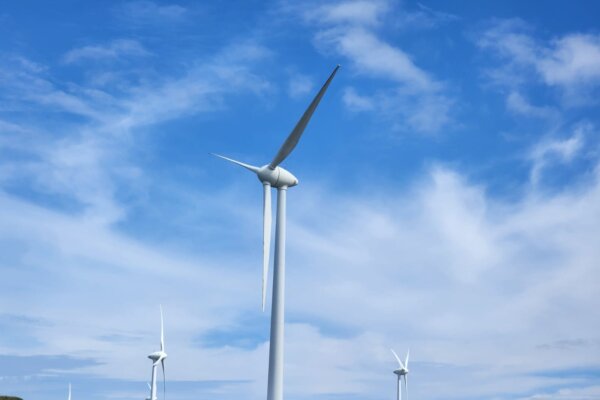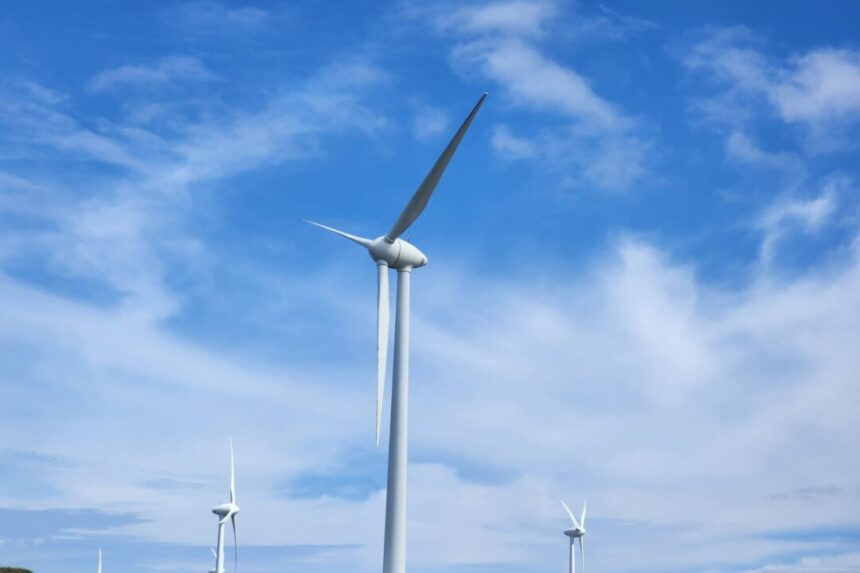
An appeal for an additional $10 billion in taxes has been endorsed by predominantly Green and independent councilors nationwide.
A coalition of Australian mayors and councilors is urging the federal government to levy an extra $10 billion annually from oil companies to combat climate change.
The letter, signed by 37 leaders, comprises independent mayors and councilors, along with a significant number of Greens local government officials.
The mayors are advocating for changes to the Petroleum Resources Rent Tax (PPRT) to generate an additional $10 billion yearly to support local governments in implementing climate mitigation programs.
Under the proposed legislation, the government could restrict the taxable income eligible for deductions to 90 percent.
Woodside, a prominent ASX-listed oil and gas producer, cautioned against further alterations to the tax in a submission to the inquiry in February.
Understanding the Petroleum Resource Rent Tax (PRRT)
The Petroleum Resource Rent Tax is levied on profits derived from the sale of marketable petroleum products.
These products include crude oil, gas, condensate, liquefied petroleum gas, ethane, and shale oil.
According to Woodside, it is the top contributor to PRRT and has paid over $18 billion since 2011, as stated in its submission.
What Does the Letter Propose?
The letter from local government officials highlights the significant costs borne due to climate change.
“However, local governments are the least equipped level of government to handle the escalating costs of addressing climate impacts, such as maintaining infrastructure and services post-climate disasters.”
The signatories of the letter, published in various newspapers, include City of Sydney Lord Mayor Clover Moore, Greens Randwick City Council Mayor Philipa Veitch, Yarra City Council Greens Mayor Edward Crossland, and Merri-bek City Council Greens Mayor Adam Pulford.
Sydney Lord Mayor Clover Moore asserted that “we are facing a climate emergency” fueled by “the combustion of fossil fuels.”
She noted that residents in the City of Sydney are “vulnerable to climate change” through “extreme weather events like heatwaves, severe storms, and flooding, as well as the impacts of bushfires, including poor air quality and transport disruptions.”
“We have had to develop climate-resilient infrastructure: planting 16,000 trees for shade, constructing a $140 million drainage system to mitigate flooding in Green Square, and investing in mobile cooling stations for the most at-risk individuals.”
What is the Proposed Initiative?
The PRRT is a tax on energy companies extracting oil and gas resources in Australia.
According to Australia Institute Chief Economist Greg Jericho, even marginal adjustments to the government’s 90 percent cap could yield “over $18 billion” over the foreseeable future.
He suggested that this revenue could be allocated to essential public services, affordable housing, and renewable energy initiatives.
Mr. Jericho highlighted that the government’s strategy does not address the PRRT.
“Now is the opportune moment to ensure our tax system secures a equitable portion of oil and gas profits for all Australians,” he recommended.
“Budget decisions hinge on choices, and there are viable avenues for the government to revamp the PRRT to ensure that oil and gas companies contribute a fairer share of their profits and benefit all Australians.”
Woodside’s Caution Against Tax Hike
Nevertheless, major oil and gas producer Woodside asserted that the PPRT is functioning “as intended.”
The company cautioned against further amendments to the PPRT in its submission.
“We concur with the findings of the Callaghan Review, which concluded that the PRRT provides a fair return to the community for the extraction of petroleum resources without impeding investment,” Woodside stated in its submission.
Woodside pointed out that governments receive returns even in scenarios where project investors do not.
“Our increased tax payments demonstrate that when Woodside prospers, state and federal governments also reap substantial benefits,” the company remarked.
The ASX-listed entity anticipates paying higher taxes over the foreseeable future under the PRRT amendments.
It cautioned that further modifications could result in “unintended consequences,” such as impacting significant investments and potentially leading to “asset devaluations or fiscal uncertainty in other sectors, including renewable energy.”





